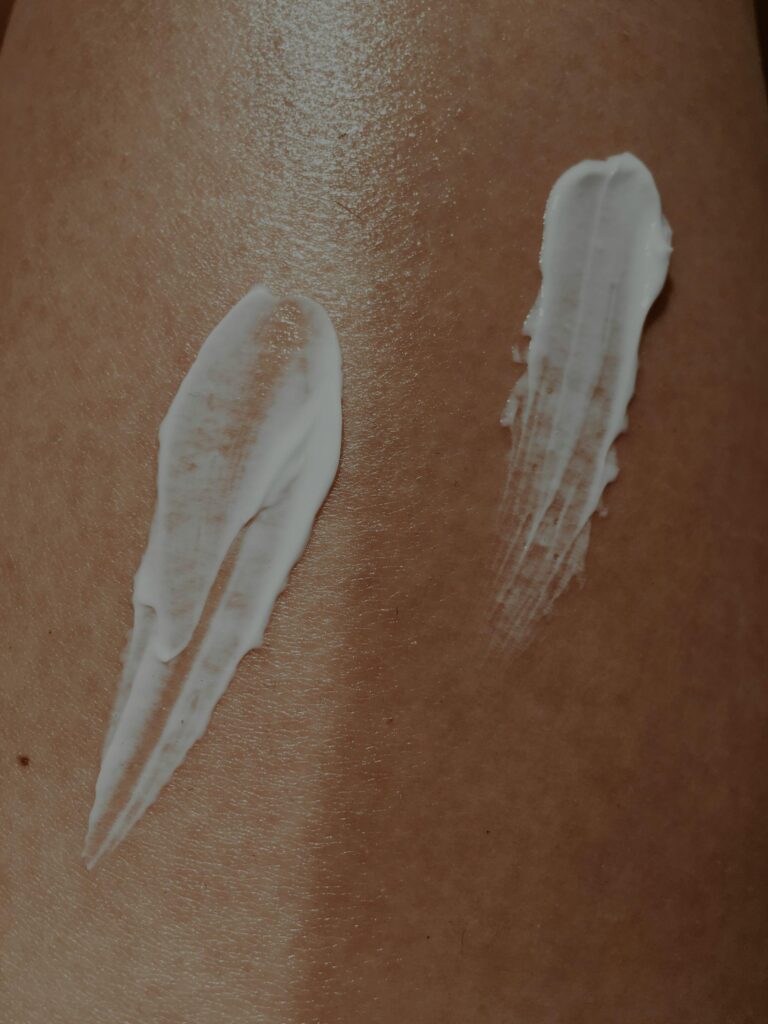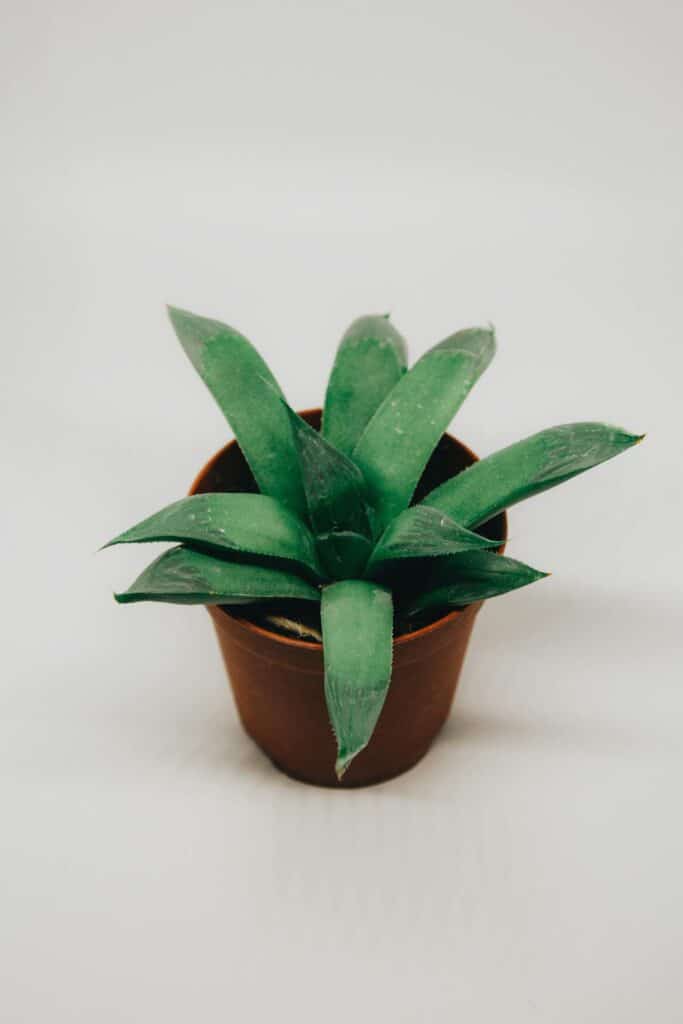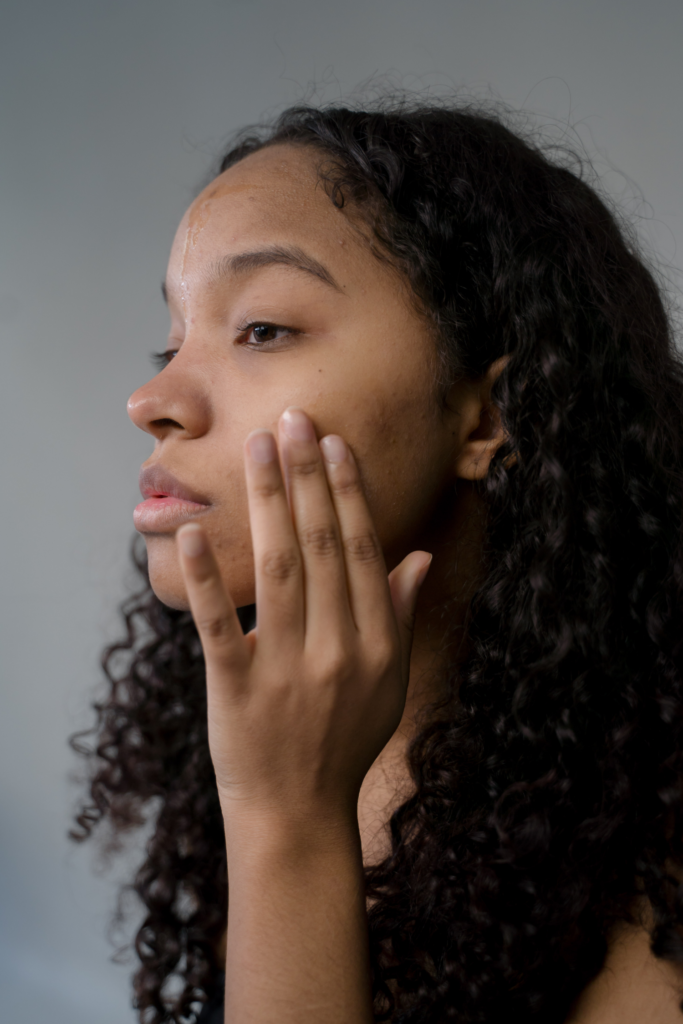Eczema: Breaking Free: A Natural Approach Proved by Real-Life Success Stories
You Don’t Have to Live with Eczema Forever
Have you ever felt like no matter what cream or medication you try, your eczema just won’t go away? You’re not alone. Millions of people live with the itch, flare-ups, and discomfort of eczema, believing it’s something they’ll struggle with forever. But what if there was a way to take control and start seeing real, lasting improvements?
At Ridgetter, we collect success stories from real people who’ve overcome chronic eczema naturally through diet and lifestyle changes. These aren’t just theories—they’re proven strategies that worked for people like you.
Living with eczema can feel overwhelming—constant flare-ups, itching, and irritation that never seem to end. Many people believe and are told, that eczema is something they have to manage for life, but countless individuals proved that significant improvements are possible by making targeted changes to their diet and lifestyle. At Ridgetter.com, we collect real-life stories from people who’ve overcome chronic conditions like eczema and share their strategies to help you do the same. This article will show you that, with the right approach, it’s possible to regain control over your skin and health.

Understanding Eczema: Common Types of This Skin Condition
Eczema, or dermatitis, is a broad term for skin conditions that cause inflammation, itchiness, and redness. While they all may look and act differently, they all respond to improvement in diet over time. Including these forms of skin conditions:
- Atopic eczema / atopic dermatitis:
Symptoms include dry, red, itchy patches, often on the face, neck, and inside the elbows and knees. It can cause thickened skin over time and may be accompanied by swelling or cracking. - Contact dermatitis:
Manifests as red, irritated skin that itches, burns, or blisters, typically in areas exposed to an irritant or allergen. Commonly affects hands, forearms, or face. - Dyshidrotic eczema:
Causes small, intensely itchy blisters, typically on the sides of the fingers, palms, or soles of the feet. The skin can become cracked or flaky as the blisters heal. - Nummular eczema:
Appears as round, coin-shaped spots on the skin that may be itchy, red, or scaly. These patches often ooze or crust over and can occur on the arms, legs, or torso. - Seborrheic dermatitis:
Symptoms include yellowish, oily, or scaly patches, primarily affecting oily areas like the scalp, face (especially around the nose and eyebrows), and sometimes the chest. It’s often associated with dandruff or flaking. - Neurodermatitis:
This type of eczema affects localized areas of skin, leading to intense itching and the development of thick, scaly patches. It often occurs on the neck, wrists, forearms, or legs and can be triggered by stress or irritation. - Stasis dermatitis:
Typically found on the lower legs, this condition causes skin discoloration, swelling, and irritation, often linked to poor circulation and resembling varicose veins. The skin may appear reddish-brown, and the area can become itchy or inflamed.
This is not a complete list. The variations of the skin disease are almost endless. The good news, however, is that whatever you have been told before – you CAN improve your symptoms and eventually obtain clear skin with the right effort over time. We have seen people with all of the above reverse their conditions.
“I felt relief within a few weeks. After 6 months I no longer needed to use steroid creams! The rashes got so much milder, and eventually cleared completely.”

Conventional Treatments and Why They May Fall Short
Doctors often recommend topical steroids, moisturizers, and antihistamines to manage eczema symptoms. These treatments can help relieve flare-ups but don´t address the underlying causes. Long-term steroid use may lead to skin thinning, and medications often stop working after a while. Other, more disrupting side effects may surface over time, like painful perioral dermatitis. While conventional treatments can offer much-needed relief, the challenge is that they are masking the symptoms rather than addressing what triggers the flare-ups in the first place. With diet change, you can reduce the need for conventional treatment over time.
What Causes Eczema? Root Cause Theories from Different Perspectives
There is not yet one definite answer to the root cause of eczema. Here are some theories from both Western medicine and alternative health approaches:
Western Medicine Views:
- Genetics: Eczema often runs in families, with genetic factors thought to contribute to the condition.
- Immune System Dysfunction:
Another main theory is that an overactive immune system. In eczema patients, the immune system is thought to overreact to irritants, causing inflammation and leading to the red, itchy patches characteristic of the condition. They don´t know if this is correct or why the immune system, which fights every day to protect us, would do that though. - Environmental Triggers:
Everyday factors like detergents, allergens, and changes in weather (such as cold or dry air) are known to trigger flare-ups. Stress is also a common factor that can worsen symptoms.
Alternative Medicine Views:
- Toxins:
Some alternative practitioners believe eczema stems from toxin buildup in the body. The skin, as a support detox organ, may release these toxins, leading to inflammation and eczema symptoms. - Gut Health:
Imbalances in gut bacteria, or “dysbiosis,” are thought to contribute to skin issues like eczema. Strengthening gut health through fiber-rich foods is often recommended to reduce inflammation. - Food Sensitivities:
Certain foods, like dairy, gluten, and processed sugars, are commonly seen as triggers for eczema. Many alternative approaches include eliminating these foods to reduce flare-ups.
Food as Medicine:
The largest health movement curing disease with food as medicine, claims eczema to be caused by the same that causes psoriasis, just with a slightly different variation in the amount of the different toxins:
- toxic metals (half toxic copper and half mercury) in the liver
- in combination with a viral infection (most commonly Epstein Barr virus)
If the body was doing ok, it would filter the toxins out through the intestinal tract and kidneys. But when the virus is overloading the body, the toxins get spilled from the liver and end up in the skin, causing rashes. They believe that eczema often runs in families because the family members can have similar exposures to toxins and viruses along with other factors like lifestyle. They claim that eczema and psoriasis are not autoimmune conditions and that the body never attacks itself. Quite the opposite, that the body is putting down a tremendous effort to deal with the foreign invaders.
They also claim that both metals and viruses can be removed by the body if we give the body the right support. And that it therefore is possible to get rid of eczema completely over time.
Regardless of the cause, many agree that diet and lifestyle changes can dramatically reduce the severity, discomfort, and frequency of eczema outbreaks.

Our Approach: Real Stories, Real Results
At Ridgetter, we base our approach on the lived experiences of people who have overcome eczema. These are individuals who struggled for years and finally found success by focusing on diet, detoxification, and lifestyle changes. Our approach is practical, proven, and based on what works in real life—not just in theory.
The steps we share aren’t quick fixes, but they are sustainable and effective. Each recommendation is backed by real stories of those who, after months of consistent effort, managed to clear their skin and transform their overall health.
The people who cleared their eczema come from all walks of life—different ages, backgrounds, and medical histories. Many were told they would never achieve clear skin. What they all share is a determination to find another path, driven by frustration with their persistent symptoms. We’ve gathered the key strategies they used so you can follow the same proven steps to improve your skin and overall health.
Want to Learn More? Watch Our YouTube Video!
For more information on how to get rid of eczema naturally, check out our YouTube video
Steps to Clear Eczema Naturally
Here are some key steps we’ve identified from hundreds of success stories. These aren’t quick fixes, but long-term solutions that have worked for people just like you. By focusing on diet, and lifestyle adjustments, you can address eczema at its root. These steps are based on the real experiences of individuals who took control of their health and saw lasting changes.
- Anti-inflammatory Diet: Foods rich in antioxidants, such as leafy greens, help reduce inflammation. Base your diet around these food and eat them in abundance.
- Leafy Greens: Spinach, kale, and arugula are rich in antioxidants. All leafy greens are amazing for skin health.
- Berries: Blueberries and raspberries are packed with anti-inflammatory properties and should be enjoyed every day.
- Fruits: Apples, bananas, papaya, and mango are high in nutrients that support skin health. Eat all the fruits you want several times a day.
- Vegetables: Potatoes, sweet potatoes, garlic, and other vegetables are powerhouses to make the body fight disease over time
- Limit Alcohol and Processed Foods: These can trigger flare-ups for some people and do not support overall health.
2. Eliminate Trigger Foods
There is evidence suggesting a potential link between gluten, eggs, and milk with skin flare-ups, though it varies by individual:
- Gluten: Some people report improvements after going gluten-free, especially those with gluten sensitivity or celiac disease.
- Dairy: Dairy products exacerbate inflammation, leading to flare-ups.
- Eggs: Eggs can promote inflammation. Eliminating or reducing eggs might help manage eczema.
It’s important to note that these connections are not universally agreed upon in the medical community. But at Ridgetter.com we see clearly that eliminating them is an important factor among the people who have gotten rid of eczema.
3. Proper Hydration
Proper hydration plays a vital role in maintaining overall health, especially skin health. Staying hydrated aids the body in flushing out toxins and maintaining the skin’s natural protective barrier. However, simply drinking large amounts of water isn’t the solution. Individuals who have successfully managed their eczema symptoms often follow these specific hydration habits:
- Lemon water with raw honey supports both body and skin health.
- Celery juice is widely regarded for its potential to combat eczema symptoms.
- Aloe water is another option known for its skin benefits.
- Drinking cucumber juice daily or several times a week can also help improve skin clarity.
4. Stress Reduction
Stress is a well-known trigger for eczema flare-ups. Incorporating practices like yoga, mindfulness, and meditation can significantly help manage stress levels. While these methods won’t tackle the root cause of the condition, they can assist the body in coping with the illness and calming the nervous system, which also contributes to overall health and well-being.
5. Skincare Routine
Using gentle, natural skincare products can help soothe irritated skin. Opt for fragrance-free, moisturizing products and avoid harsh scrubs or soaps that might aggravate the skin further. Though skincare alone won’t address the underlying cause of eczema, it can be an effective way to manage symptoms while you work toward lasting improvement.
6. Helpful Supplements
Certain supplements can support immune health, reduce inflammation, and work specifically to improve eczema over time. Based on our research and the stories we’ve collected, here are some key supplements that can support clearer skin:
- Zinc – Supports immune function and reduces inflammation, promoting skin healing and repair
- Vitamin-C – Powerful antioxidant that boosts the immune system, reduces oxidative stress, and aids in skin regeneration.
- Lemon Balm – Known for its calming effects, it helps reduce stress and inflammation, supporting overall immune health.
- B12 (Adenosylcobalamin and methylcobalamin) – Vital for nerve and blood cell health, B12 supports energy levels and reduces fatigue, helping the body heal.
- Licorice – Contains anti-inflammatory and immune-boosting properties, helping to calm flare-ups and reduce symptoms.
- Cat´s Claw – An herb that supports immune health and reduces systemic inflammation, often used for its anti-inflammatory effects in chronic conditions.
These supplements are amazing when fighting rosacea. Start with one or two in small amounts, and rotate over time. Always ask your doctor before changing your diet or starting a supplement.
Look for supplements without additives, alcohol, or preservatives. We highly recommend Vimergy for the cleanest and most powerful products.

Aleksander’s Journey to Clear Skin
Aleksander had battled eczema for years. His skin was constantly itchy and inflamed, and traditional treatments like steroid creams only offered temporary relief. Frustrated, he sought out natural alternatives and began focusing on his diet. He eliminated dairy, processed foods, and eggs while introducing more anti-inflammatory foods like leafy greens, berries, fruits, and vegetables.
He also prioritized hydration, starting daily with lemon water and regularly drinking cucumber juice. He cut back on coffee and switched sugary beverages for fresh fruit juices.
He switched to gentle, fragrance-free skin care products and stuck to a consistent moisturizing routine. While it took months of effort, his skin slowly improved, and flare-ups became rare. Aleksander’s journey shows that with patience and the right lifestyle changes, it’s possible to take control of eczema and achieve clear skin over time.
The Path to Clear Skin: What to Expect Over Time
Everyone’s skin is unique, and the timeline for seeing improvements can vary greatly from person to person. Some may start to notice positive changes in just a few weeks, while for others, it might take several months of consistent effort to see significant results. For many, it took years or decades for eczema to develop. It will take some time to reverse it as well. But the effort is well worth it.
In the first few weeks, you may notice small signs of progress, such as reduced redness or less itching. Over time, as you continue to adjust your diet, improve hydration, and support your body’s healing processes, you’ll likely see more pronounced changes. It’s essential to remember that this is not a quick fix—clearing eczema is a gradual process.
Flare-ups will normally still happen along the way, especially if you encounter triggers like stress or environmental irritants, but don’t be discouraged. Small and big setbacks are normal, and over time, flare-ups should become less frequent and less severe. Consistency is key.
With patience and persistence, the results can be transformative, leading to clearer, healthier skin along with an overall sense of well-being.
A Journey Toward Healthier Skin and Life
Clearing eczema isn’t just about skin—it’s about addressing the underlying imbalances that affect your overall health. By committing to positive lifestyle changes, you’re not only improving the appearance of your skin but also enhancing your body’s natural ability to thrive. The road may be long, but each step forward strengthens both your resilience and your well-being.
While flare-ups and challenges are part of the process, remember that each adjustment brings you closer to lasting change. It’s not just about the destination of clearer skin but about building a healthier, more balanced life. We are here to motivate and support you along the way.
Join Our Newsletter for More Success Stories and Step-by-Step Guides To Better Health
Want to learn more about getting rid of eczema?
Sign up for our free guide with proven steps from real people who’ve successfully cleared their skin.

